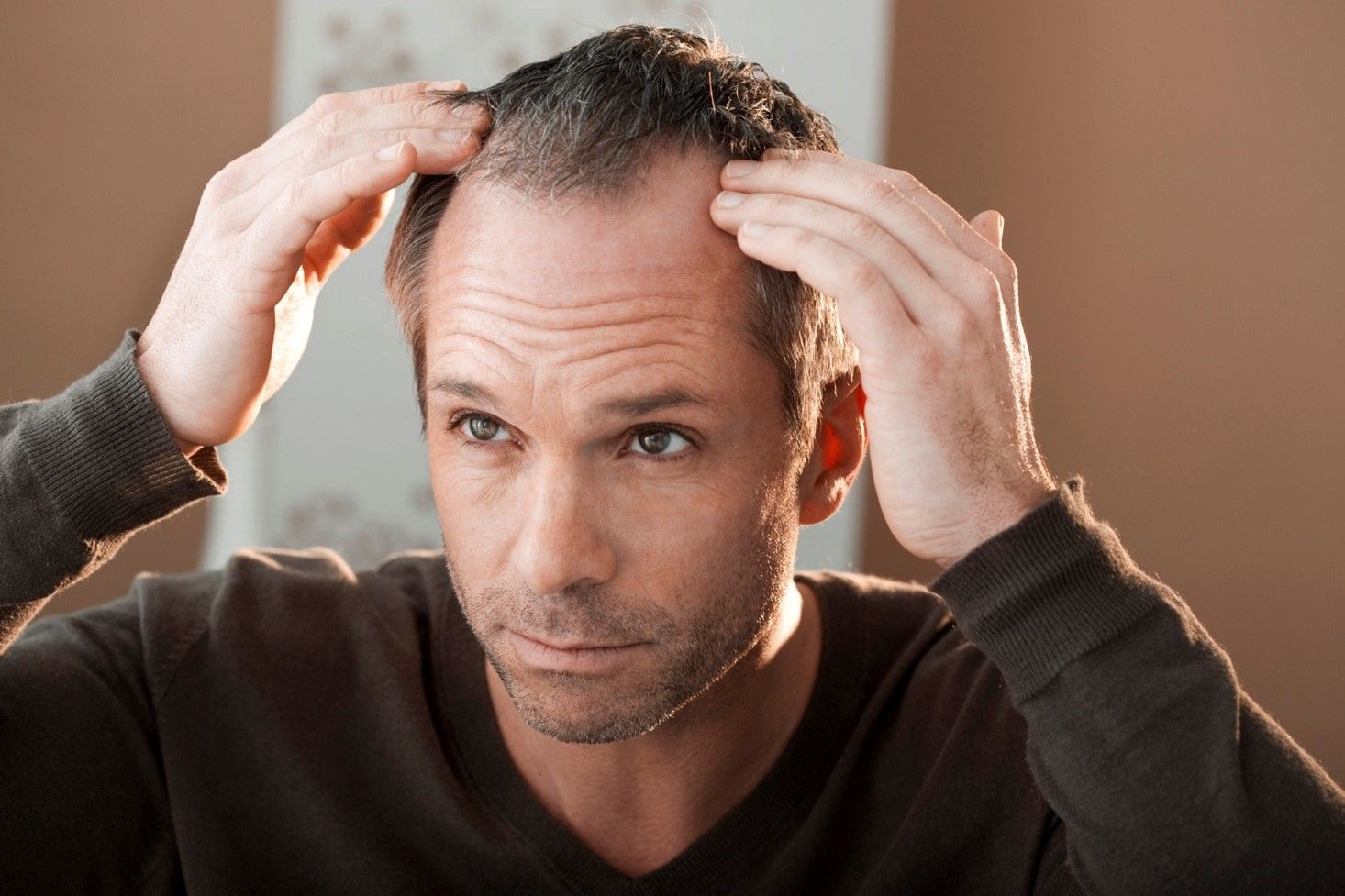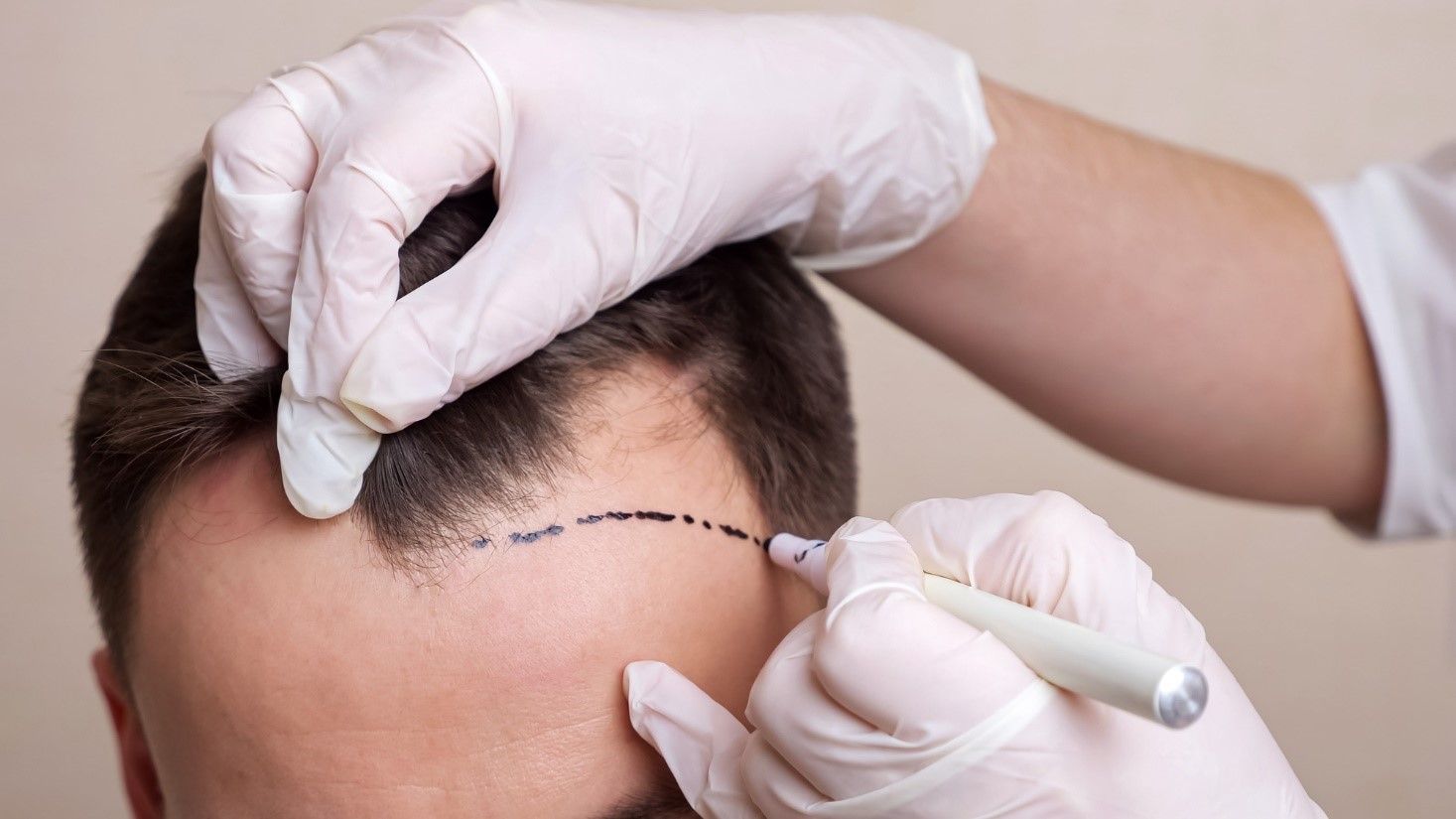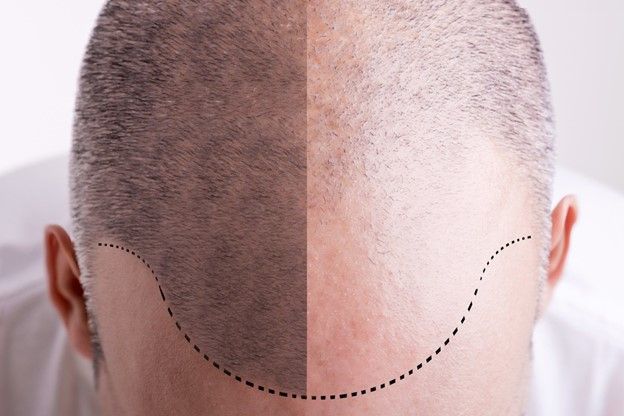7 Strategies For Choosing The Best Hair Transplant Surgeon For You

February 17th, 2016
You want to look your very best, and that includes a vibrant and healthy head of hair. If you’ve been subjected to the challenge of thinning locks or balding, that ideal might seem out of reach. But it doesn’t have to be. Hair transplant surgery is the single best method available today to restore the vitality of your once full mane. Still, you need to be careful. Not every person claiming to have the experience and credentials to perform this
highly technical procedure knows what they’re doing. What are the things you should look for in a hair transplant surgeon?
Here Are Seven Things to Keep In Mind When Selecting a Surgeon.
- The surgeon should have a degree in medicine. Ask to see it!
- The surgeon should have experience and also be a recognized expert in the field of hair loss treatment and restoration. Bonus points if he’s an esteemed member of the ISHRS (International Society of Hair Restoration Surgery).
- The surgeon should meet with you for a pre-op diagnosis. You’re an individual with a unique medical history that needs to be understood by the same qualified surgeon that will be performing the surgery. Furthermore, your specific hair transplant surgery may not require the exact same approach as Sally’s or Joe’s. The surgeon should use this initial meeting to formulate a plan tailored to your specific needs.
- The surgeon should be generous in giving you all the information you need to feel comfortable. This includes the specifics on his plan for treating your condition and what you can expect during and after the surgery.
- The surgeon should be transparent about the results that can realistically be achieved. Be wary of bold claims that you’ll achieve the desired effect after only one treatment, or that you’ll once more look like a sixteen year old. Not likely.
- The surgeon should be the one to perform the actual procedure. Not a technician or a nurse, or a technician or nurse operating a medical device or machine. You should be advised of any other persons who will be directly involved in the procedure, what their role will be and what qualifications they hold.
- The surgeon should be available for all your post-op queries and concerns. After the procedure, you want to know a qualified physician is on standby should you need him.
Dr. Paul Cotterill
meets all of the above criteria and has nearly 30 years of experience in the medical practice of hair restoration. He’s the author of numerous scholarly articles and an international lecturer on the subject of hair loss treatment. At his Toronto clinic, Dr. Cotterill treats a range of patients who’ve been challenged by the stigma of hair loss. He performs both male and female hair transplant surgeries, and has successfully revitalized the locks of countless individuals.
Call today for a consultation.











